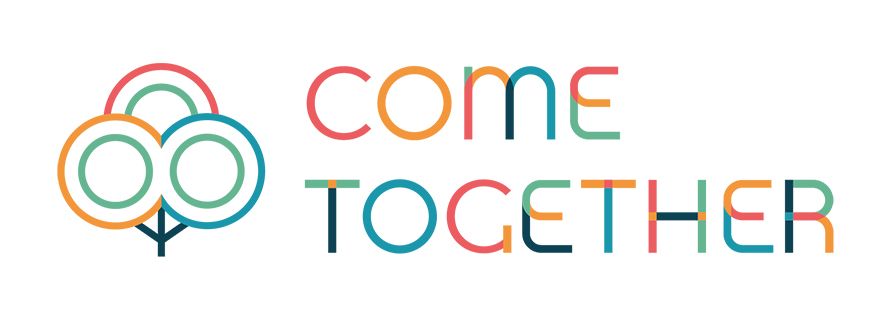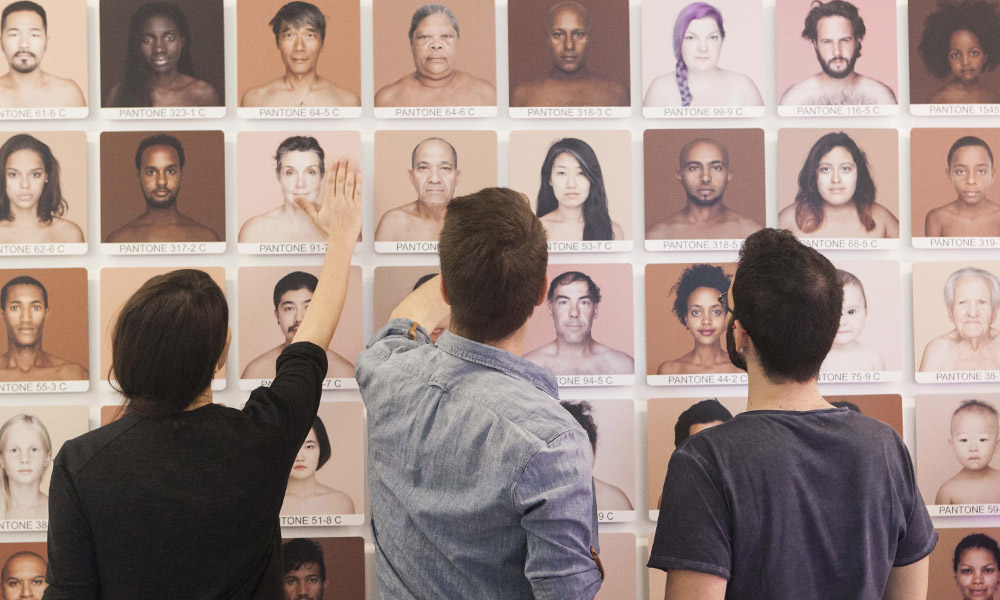On February 12 and 13, 2025, we held the French national training course in Universcience for the Come Together project… and what a moment it was!
28 participants joined – more than expected, and a
group that was highly motivated, curious, and committed.
Over two days, we shared, explored, tested, and reflected together on how to
make science communication more inclusive, especially when it comes to
environmental issues.
What we (re)used
This national training built on the foundation of the
international training that took place earlier in the project.
We revisited the core takeaways developed during that phase,
including:
- The
importance of active listening
- Hands-on,
interactive approaches
- Learning
through real-life examples where everyone brings their expertise
- The
power of engagement and storytelling
- The
need to adapt each tool to the specific audience
- And above all: science mediation as a space for dialogue, not top-down transmission
What we adapted
Before the session, the Universcience team took time to
carefully analyse feedback from the international training.
Goal: Make the national version even more accessible,
practical, and inspiring — especially for a group with less prior experience in
mediation.
Here’s what we changed:
- More
time for participants to share their projects, ideas, and questions
- Experts
who used varied formats – no long lectures, but lively exchanges,
demos, and storytelling
- Participants
tested dialogue methods before analysing them – because we learn best
by doing
We also challenged some of the usual frameworks. For
example: We moved from asking “Who’s responsible?” to “How can we
build a sustainable future together?”
Tailored activities
We designed specific activities to meet the needs and
interests of the group:
- A fishbowl
discussion on how to encourage people to take action
- A
focused session on what inclusion really means, with clear,
grounded definitions
- A
peer exchange of ready-to-use tools, methods, and mindsets
- A
collective exercise using real documents to learn how to make
science resources accessible to all
To help participants reflect and transfer what they learned
to their own context, we created a personal reflection notebook, filled
in throughout the training.
A simple but powerful way to ask: What do I take away from this? What can I
apply in my own work?
What’s next?
Participants are now heading home with a clear mission: to
implement inclusive science mediation actions on environmental issues, in
their own communities and contexts.
In their words:
“This makes me want to take action. And now I feel legit
doing it.”
“Discovering different projects, ideas, and difficulties
was inspiring and reassuring.”
“We’re leaving with tools… but also a whole new way of
thinking about our relationship with the public.”
Thank you
A huge thank-you to everyone who joined us, for your
energy, your ideas, your questions, and your engagement.
And a special thank-you to those who supported the project
from the beginning – your insights helped shape this training and made
it what it was.
See you very soon for the next steps!








